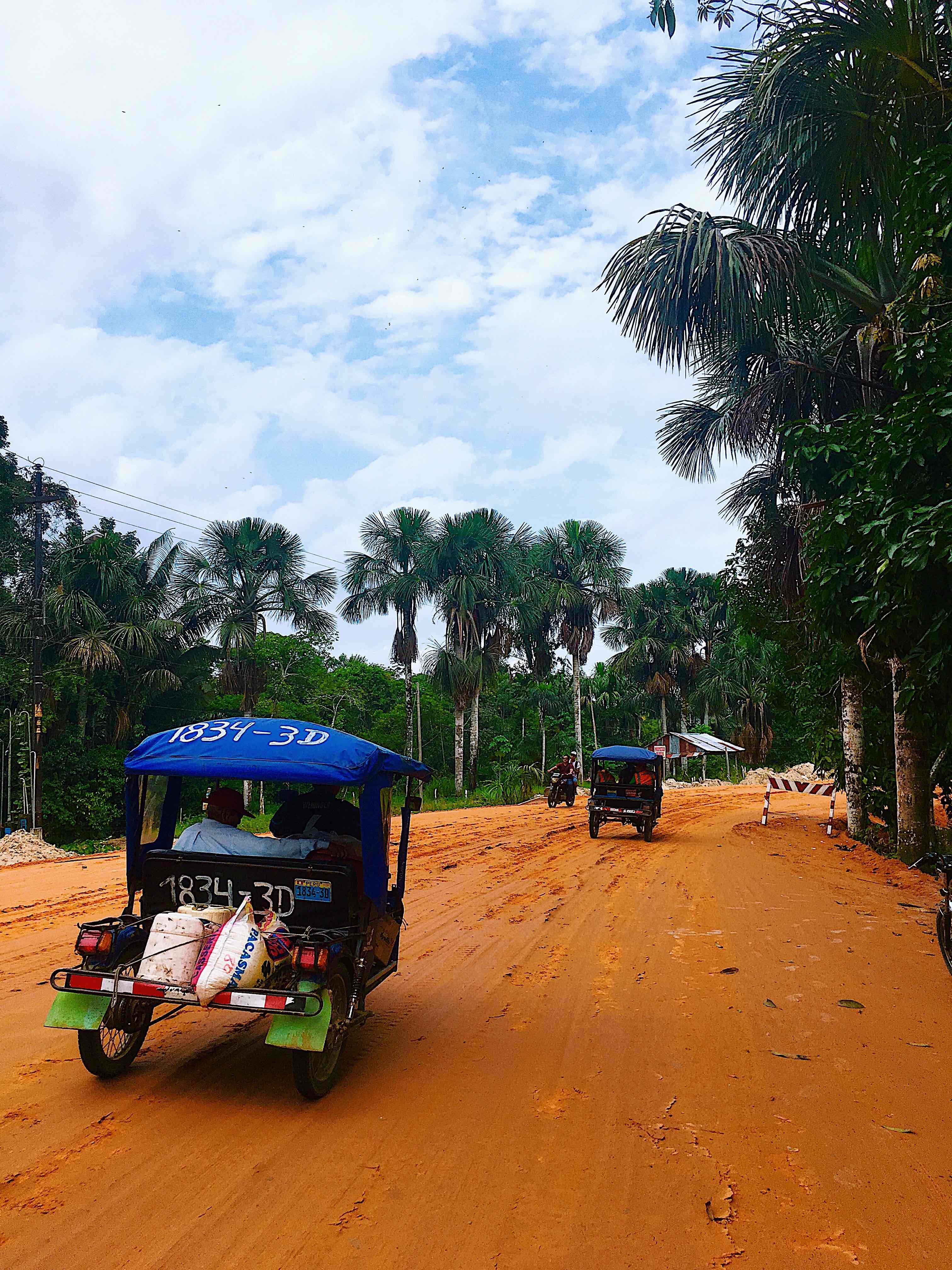Emma Pujol-Hodge
BSc(Hons), MSc, MRes, PhD
Postdoctoral researcher using viral phylodynamics and epidemiology to investigate HIV-1 transmission in East Africa, Central Asia, and Western Europe.
I'm a postdoctoral researcher using epidemiology and phylodynamics to investigate HIV-1 transmission in distinct epidemic settings. I have a longstanding interest in public health, and I'm looking to apply my comprehensive skillset at the interface of scientific research and health policy, to deliver meaningful change.
In 2018, I graduated from University College London (UCL) with a First Class Honours Bachelor of Science degree in Biomedical Sciences, where I started to tailor my work towards infectious diseases. My final-year dissertation focused on developing a novel, less time-consuming approach for screening for multidrug-resistant M. tuberculosis , a laboratory-based project which embedded me in the UCL Centre for Clinical Microbiology.
By the end of my undergraduate degree I knew that I wanted to focus my career on epidemiology, global health, and infectious disease control so I moved down the road to the London School of Hygiene and Tropical Medicine (LSHTM), where in 2019 I obtained a Master of Science degree with Distinction in Control of Infectious Diseases. My MSc thesis involved two months of fieldwork in the Peruvian Amazon (Amazonian ICEMR), where I investigated the effect of blood-meal source on Anopheles mosquito fitness and the transmission potential of P. vivax malaria.
In 2019, I joined the Wellcome Trust Hosts, Pathogens, and Global Health 4-year PhD Programme at the University of Edinburgh. In 2020, I was awarded an MSc by Research with Distinction in light of the three independent research projects that I carried out during the first year of the programme: the first on using peptide microarrays to determine the efficacy of childhood vaccinations, the second on characterising HIV-1 infections in a rural East African population, and the third on elucidating isometamidium chloride mode of action in T. congolense.
In 2024, I submitted and defended my doctoral thesis, which is publicly available on Edinburgh Research Archive. For more detail on the research I performed, please refer to the following section.

My PhD research built upon the work I carried out during the second rotation of my MRes. As part of the Leigh Brown and Atkins research groups, I used viral phylogenetics, epidemiology, and statistical modelling to investigate the evolutionary dynamics of HIV-1 transmission networks in regional, national, and local epidemics, to ultimately inform the design and evaluation of HIV prevention interventions.
In my first year, I analysed HIV-1 sequences from rural Uganda and Kenya collected during the SEARCH trial, to detect phylodynamic transmission clusters arising during the trial and understand the nature of incident HIV infections within a large-scale, universal test-and-treat trial setting. This work has now been published, and the article is available here.
In my second year, I analysed HIV-1 sequences routinely collected from HIV clinics in Kazakhstan, a Central Asian country where HIV incidence is increasing yearly, to understand where new infections are emerged from and whether certain risk groups need to receive targeted interventions. Part of this work,
which describes high-level drug resistant mutations in Kazakhstan has now been published, and is available here.
In my final year, I worked on analysing HIV-1 sequences collected from people who inject drugs (PWID) in Glasgow, Scotland, in an effort to update the analysis of the ongoing, local HIV outbreak amongst PWID. The work involved linking new cases with earlier ones, to see where infections were coming from and locating hotspots of transmission, as well as attempting to quantify the number of undetected, "missed infections" as a result of a COVID-19 sampling pause. The work was used to directly inform public health decision making regarding control of the outbreak.

School of Biological Sciences
Ashworth Laboratories
University of Edinburgh
Charlotte Auerbach Road
Edinburgh
EH9 3FL
emma.pujol-hodge@ed.ac.uk
